Search
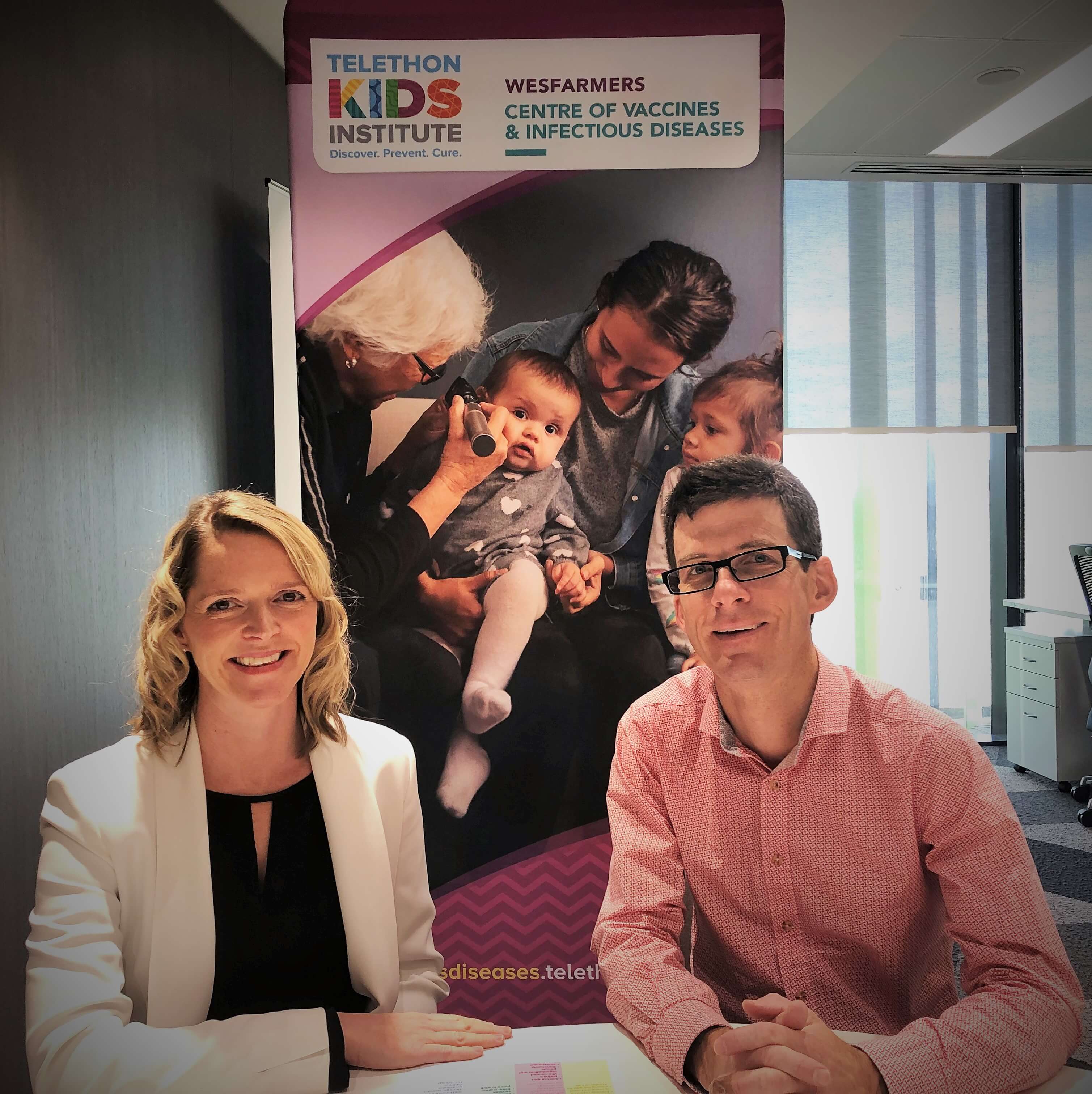
Dr Lea-Ann Kirkham and Dr Chris Blyth have been appointed as Co-Directors

The Kids Director Professor Jonathan Carapetis sat down with Tim McMillan on 6PR's Inspiring Stories to share how he became one of Australia's leading child health experts.

Philanthropist and early childhood advocate Nicola Forrest has been recognised for her tirelesss commitment to the sector through being awarded an Officer of the Order of Australia.
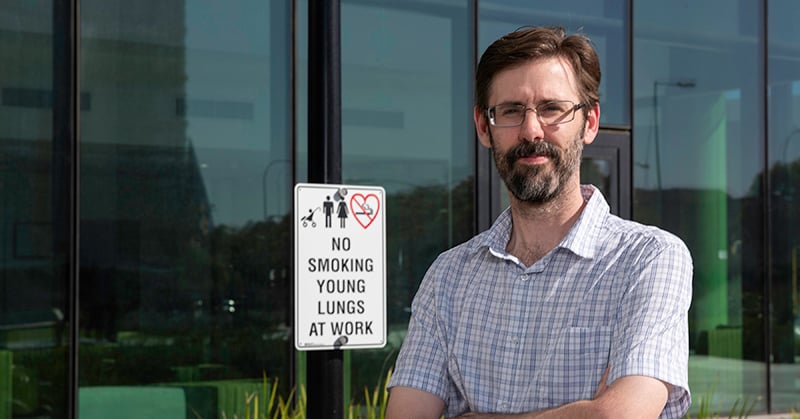
Women who are pregnant or who think they could be have been urged to avoid using e-cigarettes, due to lack of evidence about their safety.
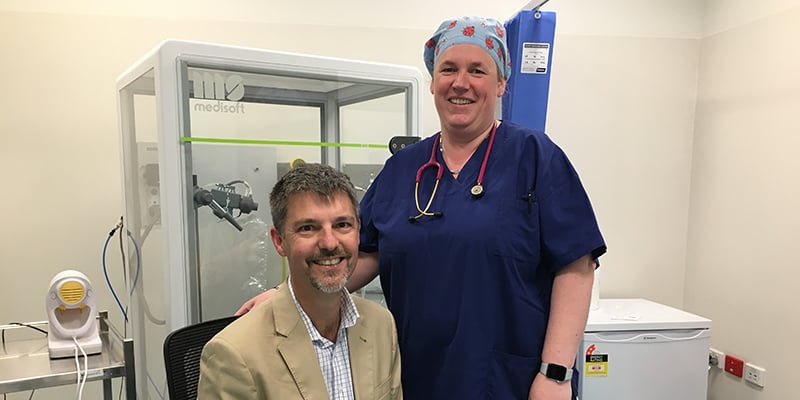
A Perth study has shown that over-the-counter asthma medication before surgery can reduce respiratory complications during and after tonsillectomy surgery.
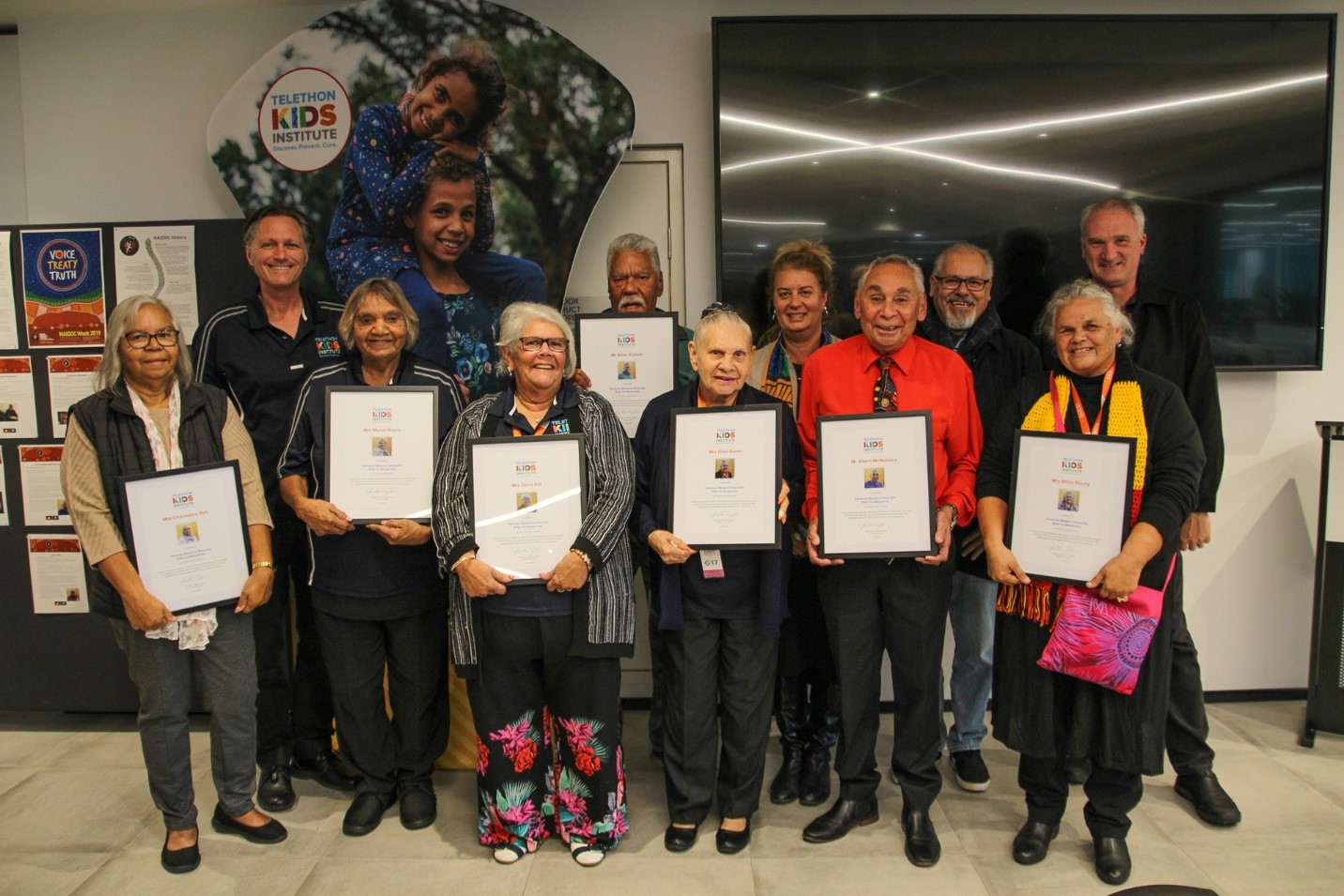
Executive Director Jonathan Carapetis said he was honoured to be able to work with the Elders in creating a bridge between the Institute’s research and the lives of Aboriginal children and families.

A consortium of partners across the WA medical research sector will develop and deliver the State’s first digital health-specific program.

A new study that combines data from over 20 million births has found that a caesarean section delivery is associated with autism spectrum disorder (autism) and attention-deficit hyperactivity disorder (ADHD).
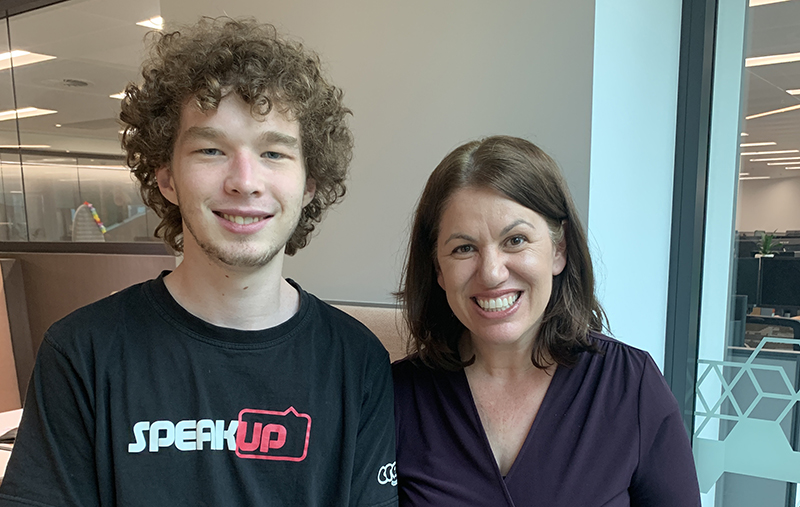
A The Kids report which found young people leaving foster care are in desperate need of more help transitioning to adulthood has lent strength to a national push to extend formal support to the age of 21.

Baxter Hutchinson was diagnosed with two life-threatening brain tumours a year ago, aged 17. Since then he has undergone surgery, radiotherapy and chemotherapy in his journey to beat the cancer.
